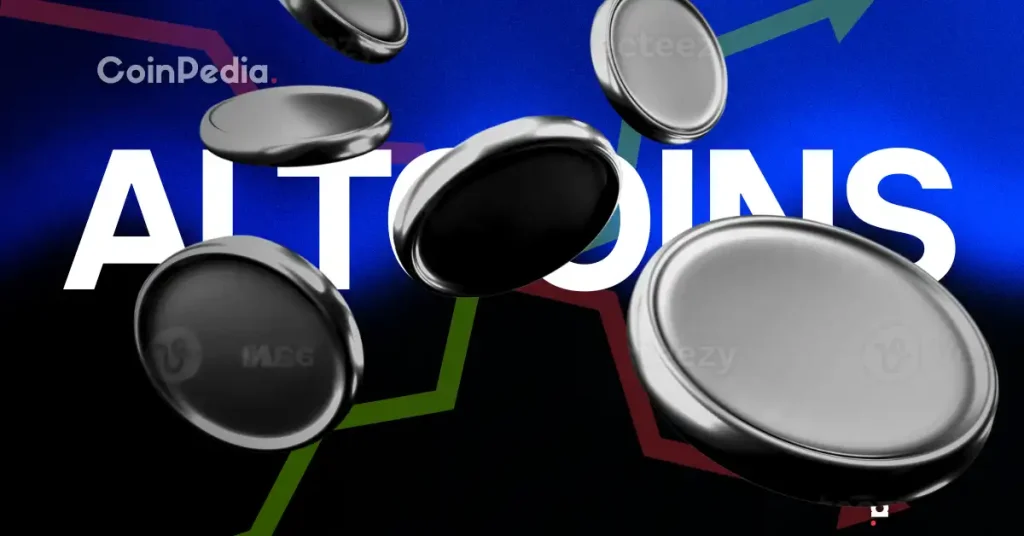In the rapidly evolving blockchain sector, the launch of Chainlink‘s Cross-Chain Interoperability Protocol (CCIP) on the Aptos mainnet has garnered significant attention. This advancement links Aptos to a wide-ranging multi-chain network, enhancing the security and efficiency of cross-chain transfers. By closing gaps between diverse blockchain ecosystems, CCIP offers a standardized solution for the movement of tokenized assets, holding the promise of improved developer and user experiences. With the industry continually seeking better ways to conduct digital transactions, this integration may significantly impact the decentralized finance (DeFi) landscape.
What Does the Integration Involve?
The introduction of CCIP on the Aptos mainnet marks a major milestone, especially with Aave, a key player in DeFi, coming on board. Supporting assets such as GHO, the integration not only broadens Aptos’s asset offerings but also enhances liquidity flows, boosting the network’s resilience. Aave’s addition is a notable event in Aptos’s growth journey, demonstrating the platform’s increasing openness to premier DeFi solutions. Enhanced liquidity opportunities are set to expand the experimental space for DeFi builders, providing new pathways for innovation.
What Impact Does This Have on Developers and Users?
Developers utilizing Aptos can now tap into global liquidity pools through Chainlink’s cross-chain connectivity. This enables them to create decentralized applications (dApps) interoperable with both EVM and non-EVM chains, maximizing their projects’ reach. CCIP is positioned as an essential tool for developers looking to branch into a more varied array of blockchain networks without compromising on security protocols. This feature is expected to stimulate further development within the ecosystem, nurturing a fertile ground for technological advancements.
For end-users, the integration promises simplified asset transfers across different chains. As hindrances are minimized, they can anticipate smoother interactions with decentralized applications, benefiting from heightened ease and reduced transaction complexities. In a rapidly changing digital currency space, cross-chain solutions such as CCIP could be vital for broader adoption and usability.
The launch of CCIP on Aptos marks a crucial step in enhancing blockchain interoperability, a representative stated, emphasizing the broader significance of this development. According to Aptos, this integration could pioneer pathways for broader institutional engagement: “The combination of CCIP and Aptos reinforces our commitment to becoming a hub for innovative DeFi solutions.”
The key interest lies in how institutional players may react to the CCIP integration. Its ability to attract institutional adoption depends on how well it ensures secure and efficient transfers, significant hurdles previously. By providing a dependable, standardized bridge, the initiative aims to clear up uncertainties associated with cross-chain transactions.
The synergy between CCIP and Aptos exemplifies the ongoing efforts to unite fragmented blockchain ecosystems. As technologies and protocols become more refined, users and developers are set to benefit from the resulting ease of processes. The real challenge lies in managing increased demand while maintaining trust and security, but current projections indicate favorable outcomes for participants interested in multi-chain interactions.
In a crypto ecosystem striving for seamless multi-chain connectivity, Chainlink’s integration with Aptos represents a key step toward realizing that vision. Increased interoperability might nurture existing ecosystems and drive the innovation crucial for future blockchain developments.
Disclaimer: The information contained in this article does not constitute investment advice. Investors should be aware that cryptocurrencies carry high volatility and therefore risk, and should conduct their own research.
















 English (US)
English (US)